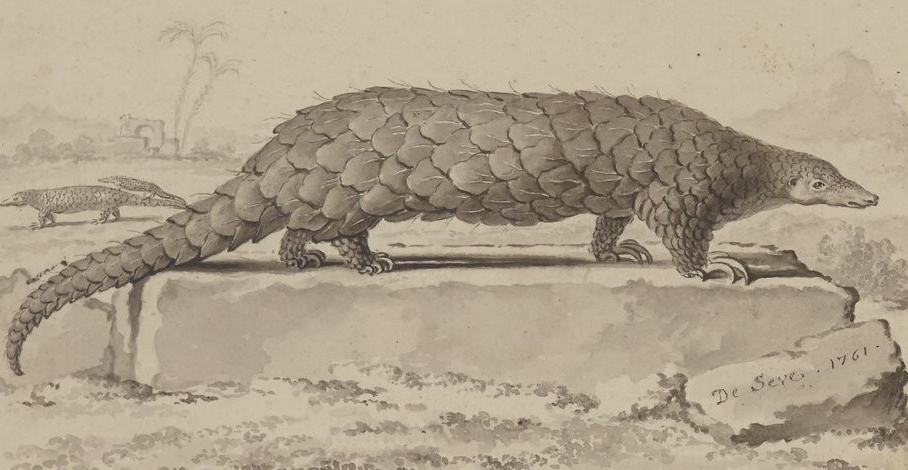Dickinson Latin Workshop 2018: Maffeius, Historiae Indicae
July 12–17, 2018
The Dickinson Summer Latin Workshop is intended for teachers of Latin, as a way to refresh the mind through study of an extended Latin text, and to share experiences and ideas with Latinists and teachers. Sometimes those who are not currently engaged in teaching have participated as well, including retired teachers and those working towards teacher certification.
Moderators:
Christopher Francese (Dickinson College)
Leni Ribeiro Leite (Federal University of Espírito Santo, Vitória, Brazil)
The text for 2018 will be taken from the Historiae Indicae of Giovanni Pietro Maffei (1536–1604, Latin name Maffeius). This 16-book history tells the story of the Portuguese voyages of conquest and discovery in the sixteenth century around the coast of Africa, to the Malabar Coast of India, on to Malacca, China, and Japan. It was widely read and admired all over Europe in its time, and draws on a variety of sources, some of which are now lost. We plan to read the sections of the work that describe the wonders of China, Brazil, and the Indian Ocean.

Jacques de Sève, “Le Pangolin,” illustration from Georges-Louis Leclerc, comte de Buffon, Histoire Naturelle, générale et particulière, avec la description du Cabinet du Roi (1749–1804). Source: Gallica http://gallica.bnf.fr/ark:/12148/btv1b105279332/f1.item
Maffei’s Latin is elegant, but not difficult. Contemporaries compared his style to that of Caesar. Yet he is no humble imitator, and the hallmarks of his writing are clarity and variety. In the words of fellow historian Faminio Strada, “nothing anywhere unkempt or careless; indeed, elegant perfection from beginning to end—unless his only fault is that he has no faults.” His vocabulary is strictly classical, except when he needs terms for unfamiliar items, such as “tea” (chia) or “pangolin” (cabim); even so, for “chopstick” he manages to find an appropriate word in Varro and Pliny the Elder, paxillus (“small stake, peg”). Though no full commentary exists, the moderators will supply notes on such special usages.
The participation fee for each participant will $400. The fee covers lodging, breakfast, lunch and dinner in the Dickinson cafeteria, the facilities fee, which allows access to the gym, fitness center, and the library, as well as wireless and wired internet access while on campus. The fee does not cover the costs of books or travel. Please keep in mind that the participation fee, once it has been received by the seminar’s organizers, is not refundable. This is an administrative necessity.
Lodging: accommodations will be in a student residence hall near the site of the sessions. The building features suite-style configurations of two double rooms sharing a private bathroom, or one double and one single room sharing a private bathroom.
The first event will be an introductory dinner at 6:00 p.m., July 12. The final session ends at noon on July 17, with lunch to follow. Sessions will meet from 8:30 a.m. to 12:00 p.m. each day, with the afternoons left free for preparation.
Application deadline: May 1, 2018.
Fee deadline: June 1, 2018.
TO APPLY: please contact Mrs. Terri Blumenthal, blumentt@dickinson.edu by the application deadline. The fee is due in a check made out to Dickinson College, by the fee deadline.
For more information please contact Prof. Chris Francese (francese@dickinson.edu).